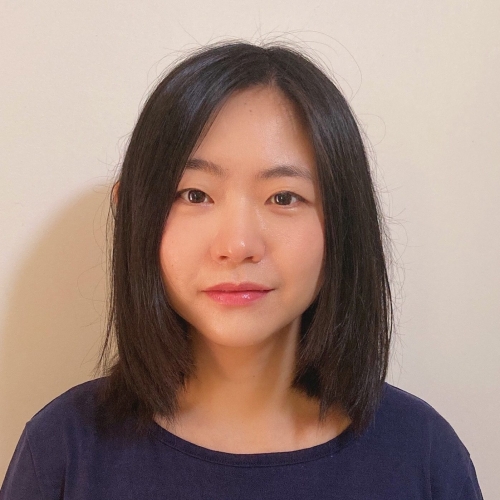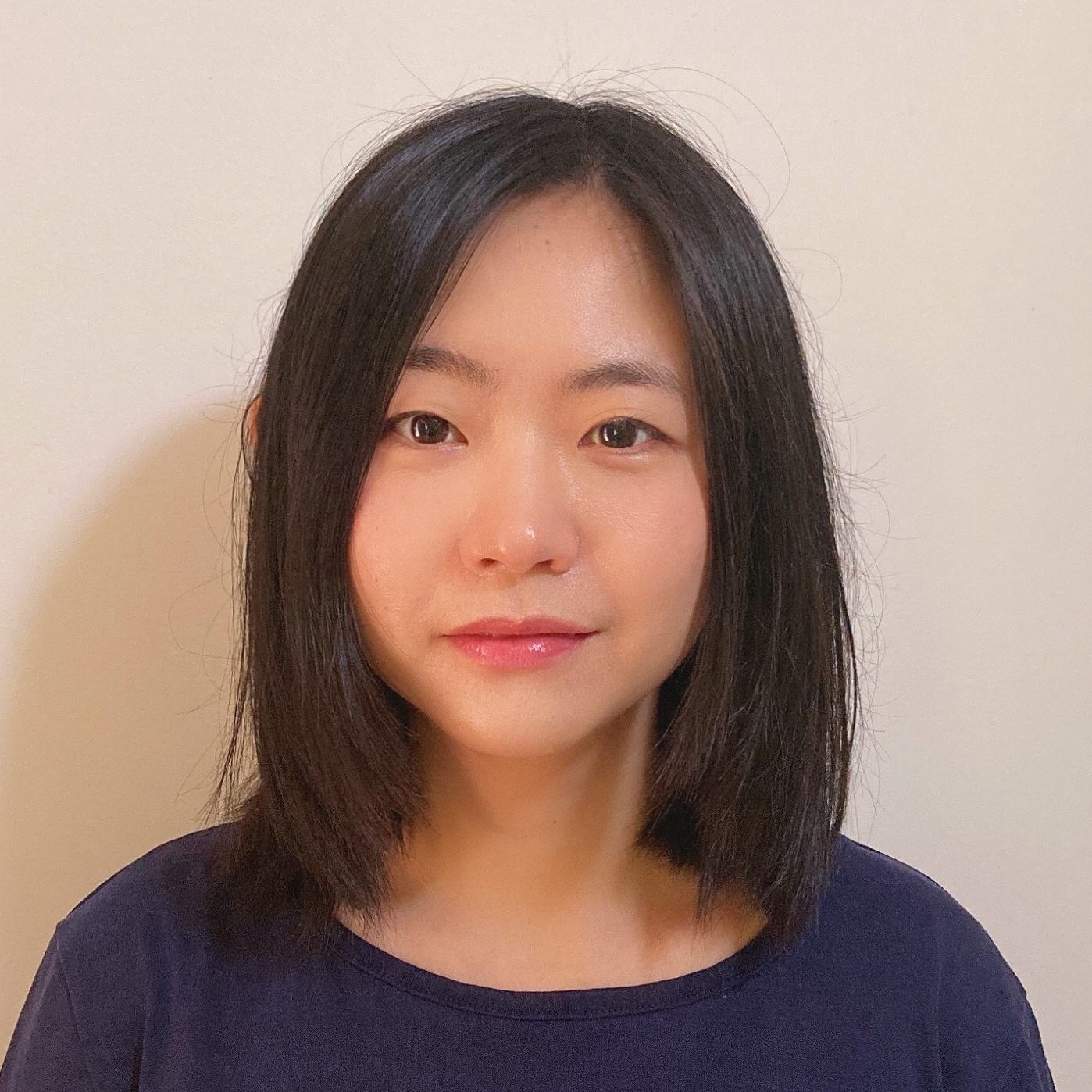
River Huang
University of Queensland
I completed my Master of Science in molecular biology at the University of Queensland. Following the competition of my Master’s degree I was offered a PhD project at Queensland Brain Institute. I am now a third-year PhD student studying the epitranscriptomic regulation in normal and pathological ageing.
Can you give me a quick overview of the type of mathematics you are studying and its potential applications or outcomes
My research project focuses on N6-methyladenosine (m6A) RNA modifications in normal and pathological ageing. It is currently unknown how the m6A-signaling network is regulated in neurodegenerative diseases. By examining the levels of genes contained within the m6A-functional nodes, our study will provide the first indication that m6A-signaling is perturbed in Alzheimer’s disease and normal aging. By probing for a novel molecular pathway that underpins neuronal impairment in the progression of diseases, our study may lead to identification of novel diagnostic biomarkers.
How did you get into the mathematical sciences/bioinformatics?
I wasn’t very into maths until sixth grade, a new math teacher took over our class and he started to run maths competitions every week. Whoever got the correct answer could win a gift. I found out I was able to solve all those problems while others found it difficult. It really built my confidence and I started to admire the beauty of maths. Also, I would like to quote a word said by Galileo Galilei ‘Mathematics is the language with which God has written the Universe’.
What advice would you give to your younger self or others wanting to studying the mathematical sciences?
Don’t let others define you.
You received an AMSI BioInfoSummer registration scholarship to attend AMSI BioInfoSummer. How important was this in terms of your ability to attend and fully participate in the sessions throughout the week?
This scholarship is the main reason that I was able to fully participate the BioInfoSummer. BioInfoSummer is definitely one of my most memorable experiences.
If a peer asked you if they should attend AMSI BioInfoSummer, how would you describe the conference to them?
Wonderful talks and workshops run by a group of awesome people. You will get the chance to familiarise yourself with some cutting-edge knowledge of bioinformatics and meet some new friends.
BioInfoSummer was held as a virtual event for the first time in 2020. What was the biggest positive from your point of view of holding it in this format and/or the biggest challenge?
The advantage of virtual events is that it saves a lot of travel time and more people could participate in the event.
Where do you want the mathematical sciences to take you? Where do you see yourself in five or ten years’ time?
Hopefully, I have completed my PhD and get a fantastic job in a research institute. It is always my dream to make some real contributions to the field of science.
2020 has been a very unusual and challenging year. What is one thing you have learnt about yourself this year? Or a new skill you have developed?
This pandemic made me realise it’s very important for us scientists to share our knowledge with journalists, policymakers and everyone else. It can help leaders and the public to make evidence-based decisions about policy and personal issues.

